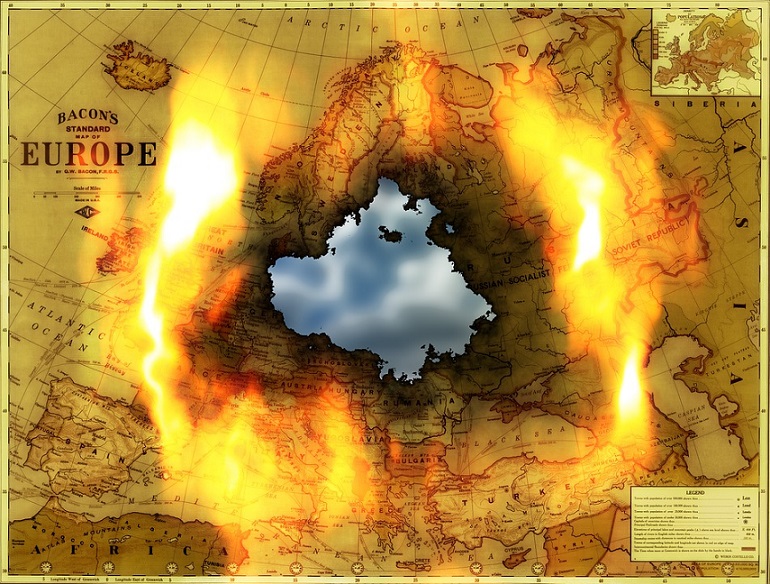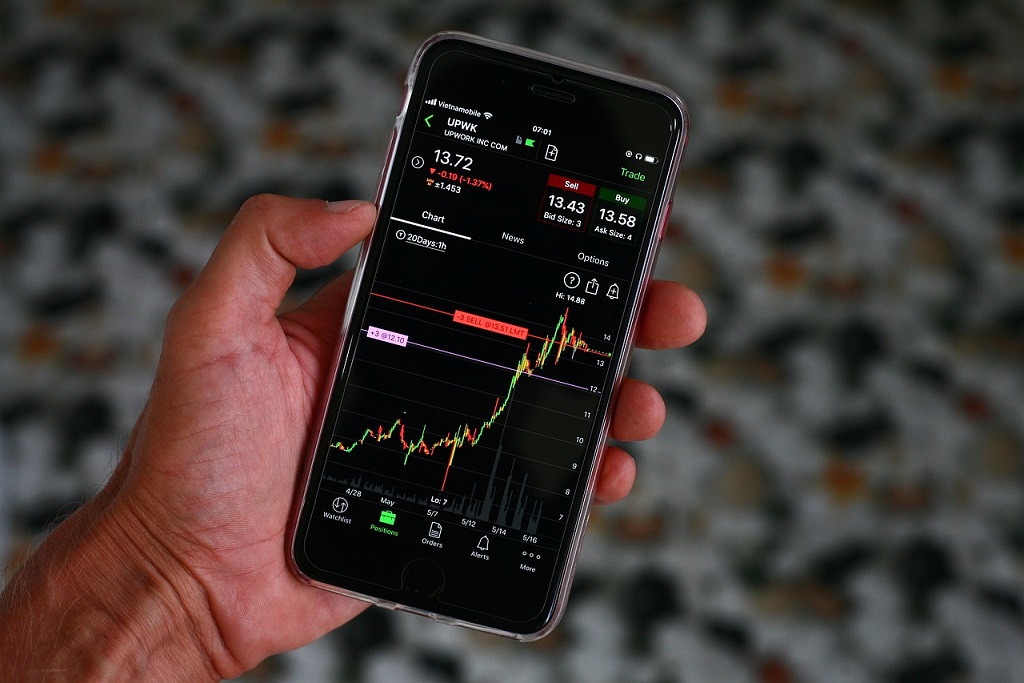At the end of November 2023, the Organisation for Economic Co-operation and Development (OECD) reduced its growth forecasts for Europe for both last year (0.6%) and the current year (1.2%).
 Sergio Ferrari
Sergio Ferrari
If the OECD projections are correct, Europe will be the slowest region to recover among the advanced economies. It will be a different story in the United States, which is showing some capacity for resilience (with a forecast of 2.4% for 2023 and 1.5% for 2024).
A long way behind China and India, which are both leading growth in 2023 and will reach similar or higher levels in 2024: 4% and over 6% respectively.
The outlook for the Old Continent is certainly less promising. According to the OECD, growth in the eurozone will be a mere 0.6% for 2023 (three-tenths of a percentage point lower than had been estimated in June last year).
This is a direct reflection of the drop in activity in key countries such as Germany (-0.1%) and the lacklustre figures for France (0.9%) and Italy (0.7%). Spain was the “positive” surprise in the eurozone in 2023, with the highest GDP growth among its peers at 2.4%. The OECD was forced to reduce European Union countries’ growth outlook for 2024 in its November 2023 forecast due to the impact of high financing costs and the elevated level of uncertainty. Growth is now projected to be a paltry 0.9% and, according to experts, we will have to wait until 2025 to see a slightly more encouraging rate of around 1.5%.
 Outside the EU, but still within the continent, the indications are not optimal for the United Kingdom either, with economic growth of just 0.7% expected in 2024 and 1.2% in 2025.
Outside the EU, but still within the continent, the indications are not optimal for the United Kingdom either, with economic growth of just 0.7% expected in 2024 and 1.2% in 2025.
According to the most optimistic analyses, such as the Bankinter economics and finance blog, Europe has already suffered its two worst quarters: the third and fourth quarters of 2023.
Germany in crisis
The worrying economic reality of the “technical recession” facing Germany is closely linked to geopolitical and other factors. According to analysis by Deutsche Welle, “the quiet times are over for German foreign policy” and in 2024 “Berlin must find ways to deal with two wars, an increasingly aggressive China, and a world order in transition”.
Berlin has provided extensive military assistance to Ukraine since Russia’s invasion of the country in February 2022. However, almost two years on, Ukraine’s military efforts to recapture its occupied territories have made little progress.
 Western countries’ military cooperation with Kyiv is crumbling, primarily in Europe and the United States, i.e. the North Atlantic Treaty Organisation (NATO) members. This is mainly due to the high cost of such assistance, the adverse effect on their own national finances and the lack of tangible military success.
Western countries’ military cooperation with Kyiv is crumbling, primarily in Europe and the United States, i.e. the North Atlantic Treaty Organisation (NATO) members. This is mainly due to the high cost of such assistance, the adverse effect on their own national finances and the lack of tangible military success.
The protracted conflict seems to be working against Ukraine, which is exhausted, and also against its NATO allies, who are no less fatigued by the conflict and its consequences for their own economies. Not to mention the thorny issue of who will foot the bill for the post‑conflict reconstruction of Ukraine, which has aspirations to join the EU. Western Europe will have to pay a high price for this war.
Germany, which has depended on cheap gas from Russia for decades, has been forced to pay sky-high prices since the latest conflict unfolded – particularly compared with France, which has abundant nuclear power, and the United States, which boasts its own natural gas reserves.
 At the beginning of 2023, gas consumed in Germany cost three to five times more than in the United States, while its electricity was four times more expensive than in France.
At the beginning of 2023, gas consumed in Germany cost three to five times more than in the United States, while its electricity was four times more expensive than in France.
Moreover, the new and explosive conflict that began in Palestine at the beginning of October has added unexpected problems for Germany and its European allies, which, almost without exception, have sided with Israel. In some cases, they are even providing military support. As the Deutsche Welle analysis notes, Germany is trying to strike a balance. Thus, for example, German Chancellor Olaf Scholz maintains that Israel’s security is Germany’s “raison d’être”. By showing active solidarity with Israel, Germany is seeking to distance itself from the heavy trauma of its National Socialist past.
As for Germany’s relationship with China, it is now much tenser than it was between 2005 and 2021 under Chancellor Angela Merkel. While Merkel treated the Chinese government “delicately” (according to Deutsche Welle), the current Scholz administration sees China as a “partner, competitor and systemic rival” for the EU.
(Photos: Pixabay)












.jpg)












